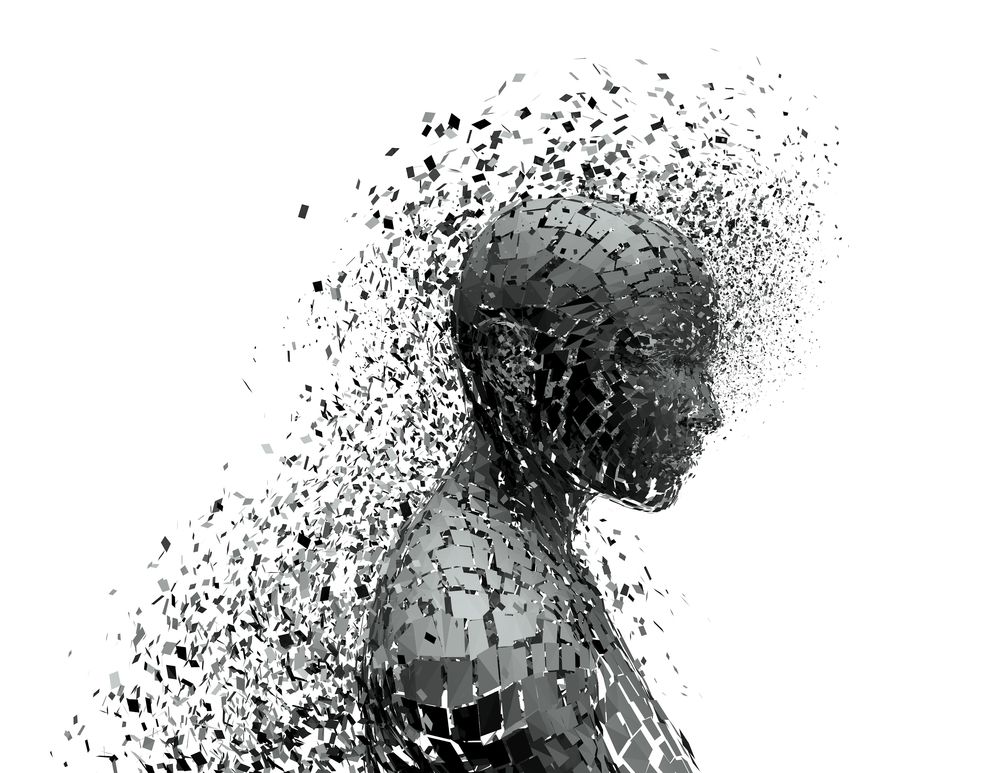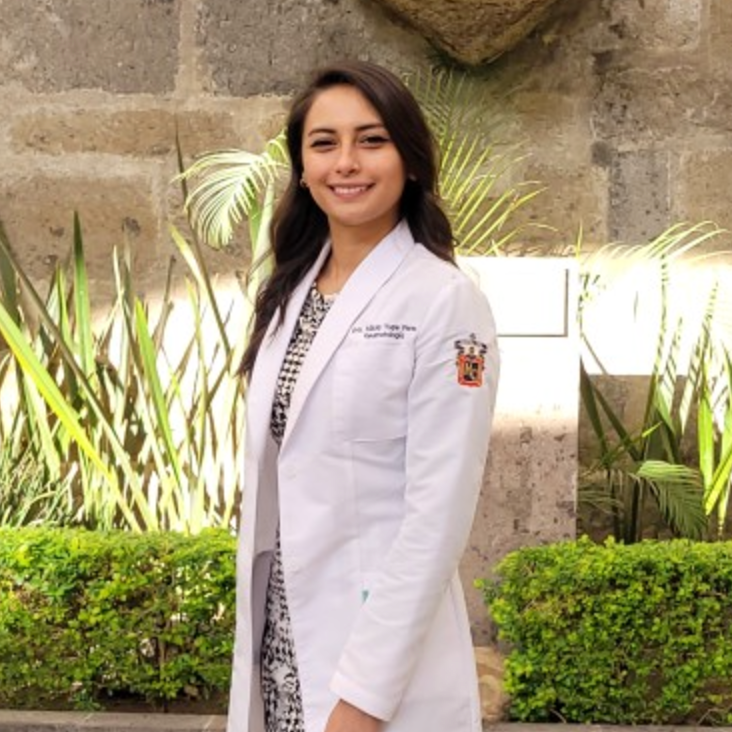Article
Blisibimod Battles Fatigue in SLE
Blisibimod, an experimental drug that inhibits autoimmune B-cell activation and survival, produced clinically important improvements in disease activity in systemic lupus erythematosus, as well as in fatigue, in a phase 2b clinical trial.
©Agnesss/shutterstock.com

According to a new clinical trial, the experimental drug blisibimod produces clinically important improvements in disease activity in systemic lupus erythematosus (SLE), as well as in fatigue – an often debilitating problem for just about every SLE patient.
Results from the phase 2b PEARL-SC trial, involving 547 SLE patients, show that higher doses of subcutaneous blisibimod markedly improves self-reported fatigue as early as 8 weeks compared with placebo and reduces joint and organ involvement in severe SLE, researchers told the 2015 annual meeting of the European League Against Rheumatism (EULAR) in Rome.
The trial randomized patients to 1 of 3 doses of blisibimod -- 100 mg weekly, 200 mg weekly, or 200 mg every 4 weeks for up to 52 weeks (median 37 weeks) – or a placebo.
The percentage of patients with diminished fatigue in the blisibimod group -- assessed using the Functional Assessment of Chronic Illness Therapy-Fatigue (FACIT-Fatigue) scale -- was almost triple that of the placebo group by 52 weeks (12% vs 4%).
Severe disease was defined as a baseline Safety of Estrogens in Lupus Erythematosus National Assessment (SELENA)-Systemic Lupus Erythematosus Disease Activity Index (SLEDAI) score of 10 or above among patients on corticosteroids.
A majority of the patients had SELENA-SLEDAI musculoskeletal involvement at enrollment and 89% had mucocutaneous involvement. By 24 weeks, this was reduced to 12% and 39% among those randomized to the highest dose of blisibimod (200 mg a week), compared with around 15% and 42%, respectively, in the placebo group.
Blisibimod is an experimental drug that inhibits autoimmune B-cell activation and survival through the anti-apoptosis molecule B-cell activating factor (BAFF, or B-lymphocyte stimulator, BLyS). Earlier results found the drug safe and effective and the researchers say their findings support continued clinical trials.
The drug belimumab (Benlysta), approved in 2011, also targets BLyS and improves SLE-related fatigue.
Disclosure: One author is an employee of Anthera Pharmaceuticals, the maker of blisibimod; the others have financial ties to the company.
References:
Petri M, Martin RS, Hislop C, et al. Effects of blisibimod, an inhibitor of b cell activating factor, on patient reported outcomes and disease activity in patients with systemic lupus erythematosus. EULAR 2015, THU0387. DOI: 10.1136/annrheumdis2015 eular. 2294




